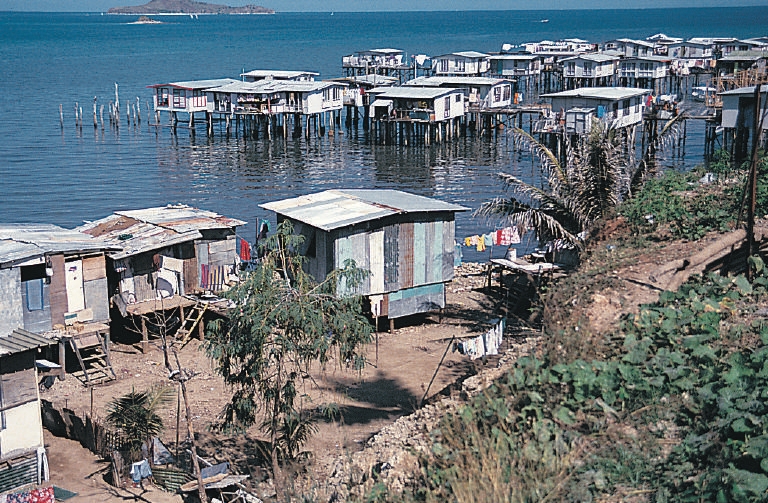
Concerns loom over Papua New Guinea as the aftermath of a devastating landslide suggests the possibility of thousands missing, as reported by a government agency.
The acting director of the nation's National Disaster Centre conveyed in a correspondence the apprehension that over 2,000 individuals might have been engulfed in the calamity that struck on Friday. However, establishing an exact count of casualties has proven challenging, with estimates fluctuating widely. Rescue operations face formidable obstacles, including debris reaching depths of 10 meters (32 feet) in certain areas and a shortage of adequate equipment.
Thus far, fewer than a dozen bodies have been retrieved, contrasting with the United Nations' estimate of 670 individuals missing. The collapse of a mountainside early Friday obliterated a thriving village in Enga province, with the destruction spanning nearly a kilometer, according to eyewitnesses.
Before the disaster, approximately 3,800 people inhabited the region. Lusete Laso Mana's letter highlighted the "extensive" damage, emphasizing its severe repercussions on the country's economic stability.
Prime Minister James Marape extended condolences and mobilized the country's defense force and emergency agencies to the site, situated roughly 600 kilometers northwest of the capital, Port Moresby. However, residents of the affected Kaokalam village express frustration over the delay in larger-scale rescue operations.
Evit Kambu, a resident, recounted the anguish of believing numerous family members are trapped beneath the rubble. Despite gratitude for assistance, she remains helpless in the face of the tragedy.
Local sentiment reveals a sense of abandonment, with community members resorting to makeshift tools and bare hands in their rescue efforts. As Ignas Nembo attested, locals feel neglected and urgently appeal for government intervention.
Efforts to extricate victims face perilous conditions, with concerns of further landslides impeding progress. Martin Kelei, Acting Provincial Police Commander, outlined the challenges of navigating treacherous terrain while responding to calls for help from survivors still trapped beneath the rubble.
Amidst forecasts of continued rainfall, remaining residents are being evacuated from the high-risk area. Care Australia's Justine McMahon underscores the instability of the ground, necessitating cautious assessment before resuming rescue operations.
Serhan Aktoprak from the International Organization for Migration sheds light on the arduous task of recovering bodies, complicated by relatives' reluctance to permit heavy machinery near their loved ones. Instead, manual labor with rudimentary tools is employed to locate and retrieve the deceased.
The landslide's aftermath includes extensive damage to the sole access road, further impeding rescue efforts. Local officials attribute the mountain's collapse to prolonged heavy rainfall and wet conditions in the region.
As Papua New Guinea grapples with the aftermath of this disaster, the resilience of its people and the urgent need for comprehensive aid and support come into sharp focus. Photo by Stephen Codrington, Wikimedia commons.









































